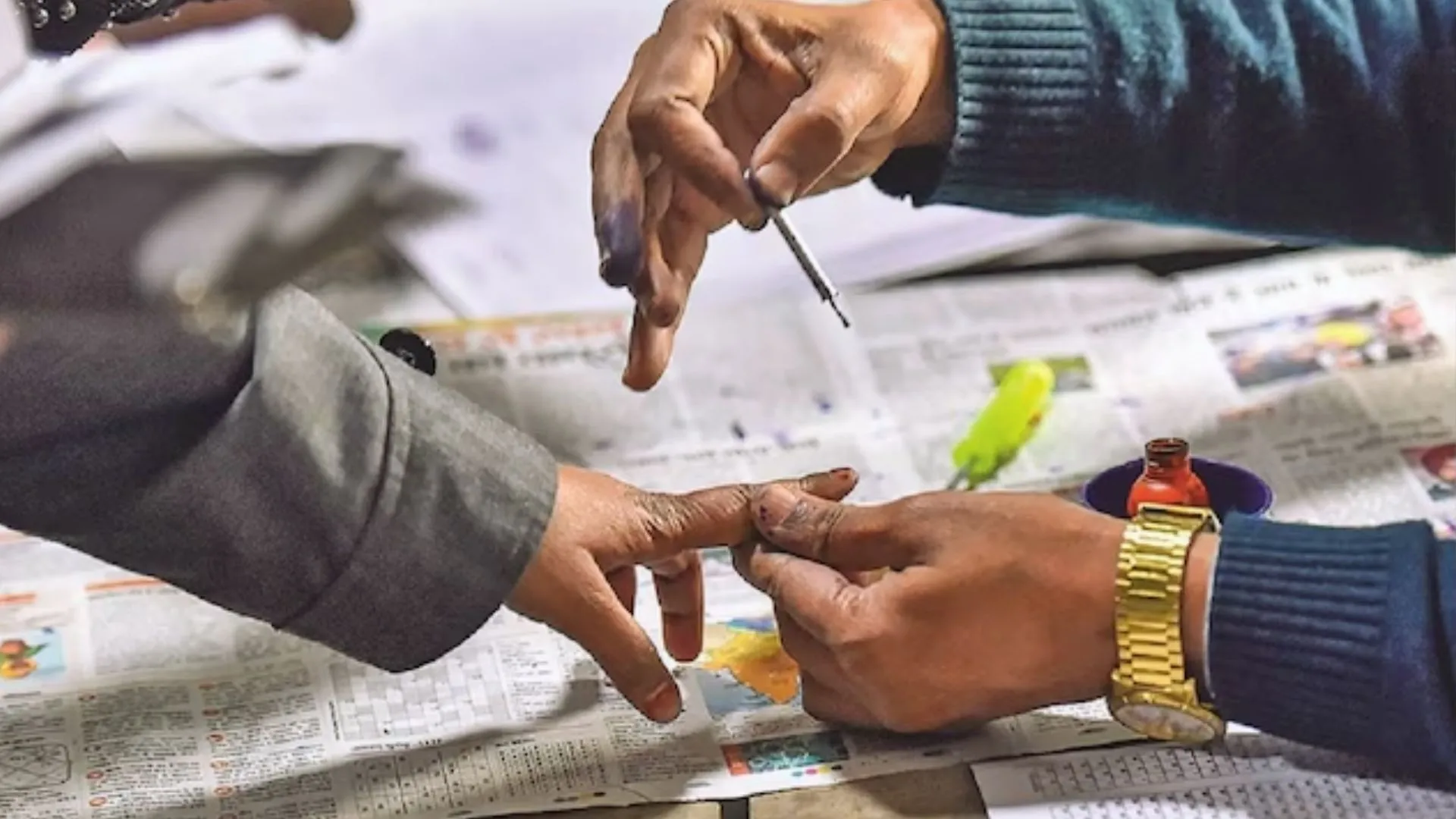The One Nation, One Election Bill, which aims to synchronize elections for the Lok Sabha and state assemblies, is set to make a historic change in India’s electoral landscape. While the provisions for simultaneous elections are part of the Constitutional Amendment Bill, the shift will not occur until 2034, according to the current legislative draft.
The bill proposes the insertion of Article 82(A) into the Indian Constitution to facilitate simultaneous elections across the country. It also suggests amendments to Articles 83, 172, and 327, which will allow the terms of the Lok Sabha and state assemblies to align. This amendment is designed to ensure that the tenure of the Lok Sabha and state legislative assemblies will run in unison, meaning that the elections for both will be held together, starting from 2034.
However, the bill introduces some significant changes regarding mid-term dissolutions. If either the Lok Sabha or any state assembly is dissolved before the completion of its five-year term, mid-term elections will be held only for the affected legislature to complete its remaining term. This ensures that elections are held at regular intervals and prevents the misalignment of terms, which has often complicated India’s election cycles.
The amendment will come into effect after the next general election in 2029. The “appointed date” for the amendment to take effect will be notified by the President on the first sitting of the Lok Sabha after the 2029 elections. This means that while the bill may pass sooner, it will take time before it leads to synchronized elections, which will only begin in 2034.
The shift to simultaneous elections is based on the recommendations of the Kovind Committee, which was constituted in September 2023. The committee’s role was to assess the feasibility of simultaneous elections and propose ways to implement them. According to the recommendations, the bill will not only impact the Lok Sabha and state legislative assemblies but also elections in Union Territories such as Delhi, Jammu & Kashmir, and Puducherry.
For the Union Territories, the bill introduces the Union Territories Laws (Amendment) Bill, 2024. This bill seeks to amend the relevant sections of the Government of Union Territories Act, 1963, the Government of National Capital Territory of Delhi Act, 1991, and the Jammu & Kashmir Reorganisation Act, 2019. The goal is to synchronize elections for these territories with those of the Lok Sabha and state legislative assemblies, in line with the broader reforms.




